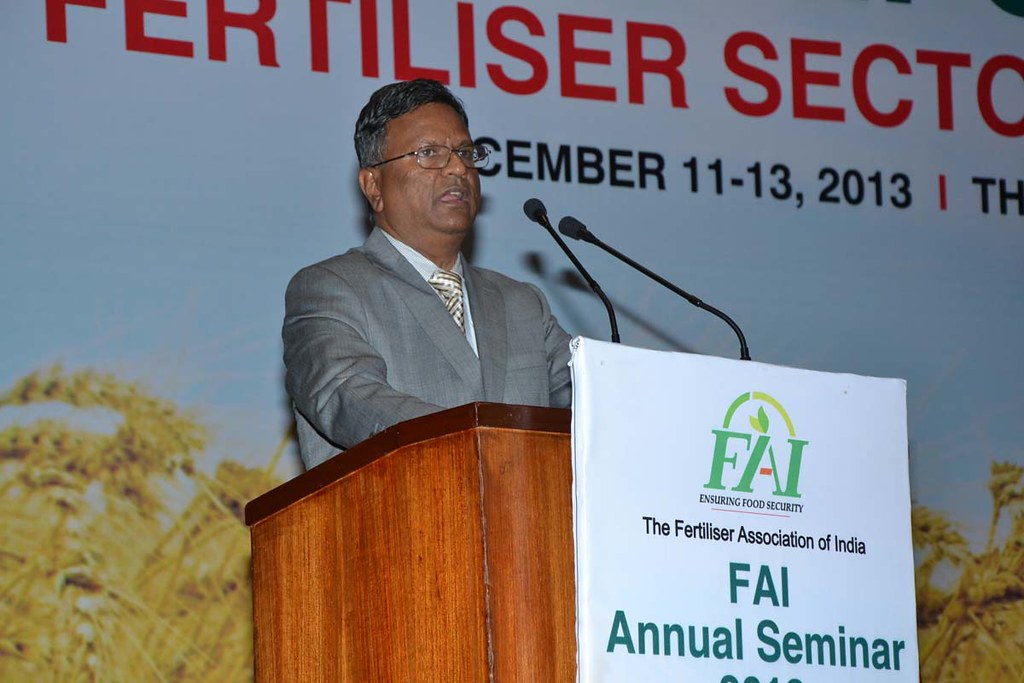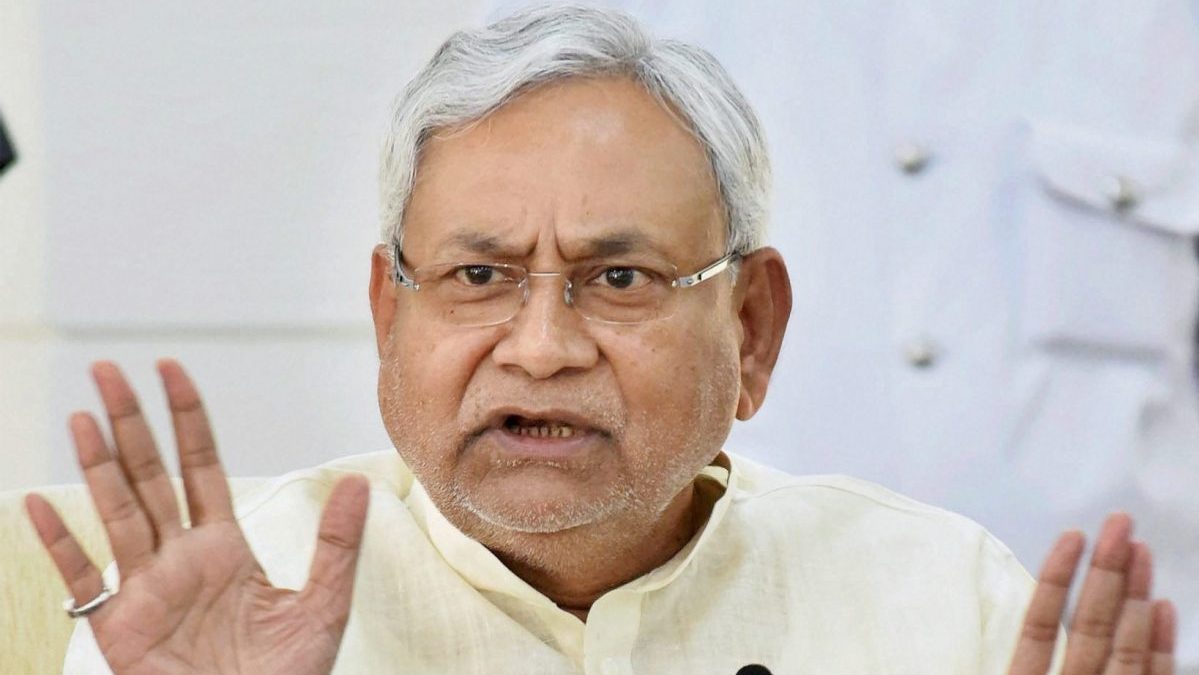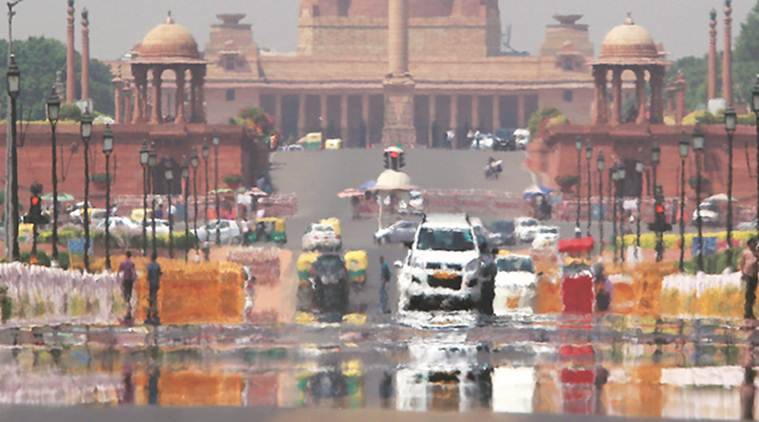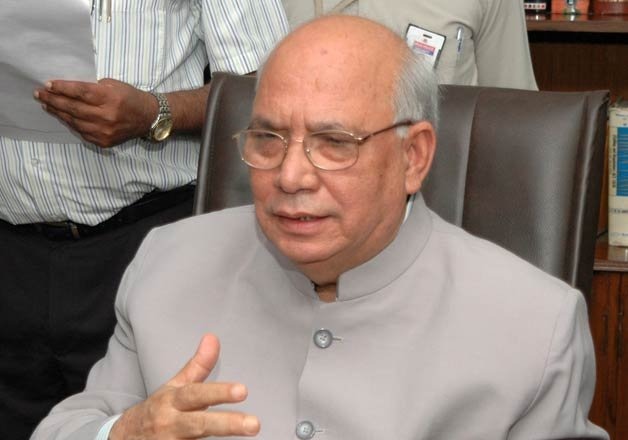Decision to give away 243 acres of Shivalik Elephant Reserve forest land for the expansion of Jolly Grant Airport in Dehradun is a matter of grave concern, triggering a debate on development and environment
The Uttarakhand Government’s decision to give away 243 acres of Shivalik Elephant Reserve forest land for the expansion of Jolly Grant Airport in Dehradun is a matter of serious concern which once again opens the debate on development and environment. The State Government, considering the development motives in terms of economic and technological growth, has taken the decision of using the forest land. The encroachment is predicted to harm a cluster of things, yet certain immediate observable damage can be cited like the loss of 10,000 trees which can’t be compensated, limiting the free movement of wild animals due to shrinkage of forest area. Moreover, the proposed, expanded airport will be under the 10 kilometres eco-sensitive zone of the Rajaji National Park.
Protesting against this decision, different polemics have been made, such as: Forest and wildlife are sources of revenue generation in the form of tourism and thus employment generation and this infringement will dismay the fragile ecosystem of Doon. Nonetheless, all these arguments seem to be repetitively ordinary and thus anthropocentric, on the account of human benefit. There is a need for deeper analysis, based on ethical concerns. Concerning the issue, the fundamental question needs to be raised at two different levels: How essential is to expand the airport and should environmentalists fight against this proposal for the well-being of humans or the well-being of the wilds or trees or for the entire environment itself?
On the first question, the necessity of the expansion of the airport in the name of development seems to be obscure. The Government’s developmental plans should encompass the views of native indigenous of the area where the plan is supposed to be executed. However, here this has been flouted. This leads to a further question on development for whom and at what cost? From a purely human-centric calculation cutting down of 10,000 trees doesn’t necessarily enhance the economic status of the local people. Moreover, one can imagine the level of pollution that would harm them in future because of the deforestation and so-called modernity. Often major invisible harm is disguised in minor visible benefit. A developmental plan of the rule of power is imposed following solely technocratic conditions that in turn lead to the agony of humans as well as animals. Thus, morality is brought to fight against the unjust planning. Humans, animals and plants become the victims of the development project and it is essential to ethically examine the means (plans) and ends (consequences) before processing to execute it. In doing so, the Government can get a path to develop a new way of governing through which universal welfare can be achieved.
The second-level question is underpinned on the protection of the environment. Defending the protest of local people let’s begin with invoking a stance of social ecologist in terms of “regional turn in environmental thinking” because as social ecologist L Mumford says a strong regional centre of culture can be “the basis of active and securely grounded local life”. The local life is a broader concept that includes humans, animals and plants, all of them create a niche to accommodate each other for their wellbeing. Thus, protesting at an individualistic level grounding on the ethical concern directing towards individuals only would not be beneficial because it precludes either one of them — humans or animals or trees. Further, if we fight against the Government’s decision to protect the forest for the wellbeing of humans, then the instrumental value is credited to the forest and thus the day is not far it to be used for a different purpose. Rejection of anthropocentric option paves a path to ascribe intrinsic value to the forest through which absolute protection of forest can be demanded. However, the ascription of intrinsic value is in question to whom it should be ascribed to individual animals or species/particular animal species or the entire ecosystem.
Supposed attribution of inherent value to individual animals precluding environment or to forest, excluding animals, leads to unpleasant consequences since both complement each other for their sustainability. Thus, there is a requirement for a holistic approach towards Doon’s valley to protect native indigenous and the forest. Implementation of an unexamined developmental project in the process of deforestation fails to satisfy all types of moral standards. Chopping thousands of trees and leaving innumerable animals homeless shows a lack of sense of “goodwill” and thus serves no adequate duties of humans towards the environment.
It also fails to bring an overall balance of good over evil — human suffering due to pollution and the scary behaviour of wild animals, as well as animals suffering due to the lack of food and dwelling place. Thus, this encroachment leads, in turn, to dire consequences. Furthermore, it prevents to show the virtuous character trait of the human. The conditions of flourishing human life are not necessarily limited within the intra-human species, it needs the ethical capability as well to consider the entire ecosystem as an end in itself.
Arguing in favour of destroying natural “wild”, which is not humanised, based on creating new forests through planting trees ignores the intrinsic value of natural wild which is unacceptable. Instead of being driven by the instrumental reason to achieve instant non-sacrosanct ends, we humans, including the Government, ought to do actions involving rules, rights, compassion, etc, to protect the environment, including ourselves.
(The writer is an Assistant Professor, Philosophy, Bengaluru Central University)








 OpinionExpress.In
OpinionExpress.In















Comments (0)